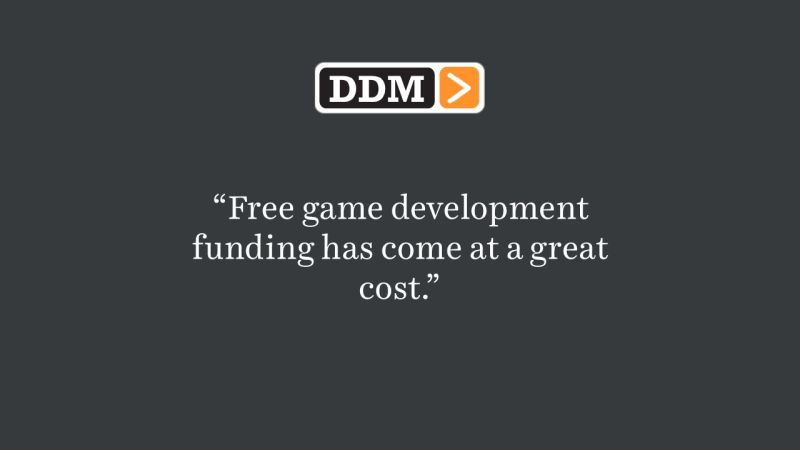Joe’s Take

The game industry has had free money cloud the real economics of our business for far too long. This has helped lead to the astonishing reality of games being the dominant form of entertainment… while the industry reels internally.
Free money has funded game development to secure market share for platforms, storefronts, business models, technologies and payment solutions. In a few short years, billions have been poured into games for Stadia, Game Pass, Epic Game Store, various VR hardware, Web 3 platforms and Metaverses.
Why is this an issue? This money benefited some firms with short term profits and some executives in securing great bonuses, which led to many firms baking these sums into their business planning. Project portfolios grew larger than could be supported by the game-buying customers.
If a $14M game has its budget increased to $20M based on its publisher securing $6M in platform incentives, this creates an unrealistic expectation both in the internal business development climate and for consumers on what to expect for that level of game. Or, if a $14M game only has $8M spent on it with the other $6M being pocketed for a one-time bonanza, then a publisher is incentivized to put as many of those subsidized games into development as possible to grab as much free money as they can… thus flooding the market with subpar content and driving industry bloat.
We’ve seen both occur in combination with the influx of VC-funded content I posted about a couple of months ago. Of course, you should not turn down free money if it comes around again. Instead, stay deliberate on what is done with it… perhaps bonuses across the team, a rainy day fund or an investment in a new initiative. Just do not let it change the fundamentals of your game or your business.
Remember that all other entertainment industries envy the economics of the games business. As gaming undergoes painful downsizing to match game development spending to our actual market size, we have a tremendous opportunity to get our own house in order. Games don’t need to be more expensive and more expansive for them to generate good returns. Many in the industry have been saying for years that development spending cannot continue to grow at the same pace given the pricing pressures which keep a lid on how much can be charged for a game.
A proper budget doesn’t mean that each game will succeed, of course – but it does mean that when a game has moderate sales (a ‘single’ in baseball terms), then the project earns back at least its cost to develop, publish and market. When there is a true hit, if the game was built on a reasonable budget (looking at your great planning, Space Marine 2), then it is truly a full-scale win instead of simply meeting expectations. As our industry comes through this difficult period, hopefully over the course of next year, we will be much stronger if we build the best fictions for our consumers to play that are based on a solid foundation of market facts.